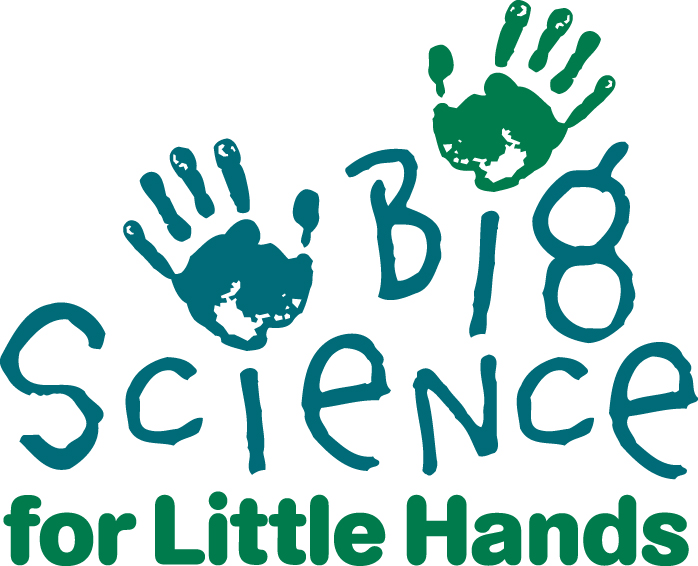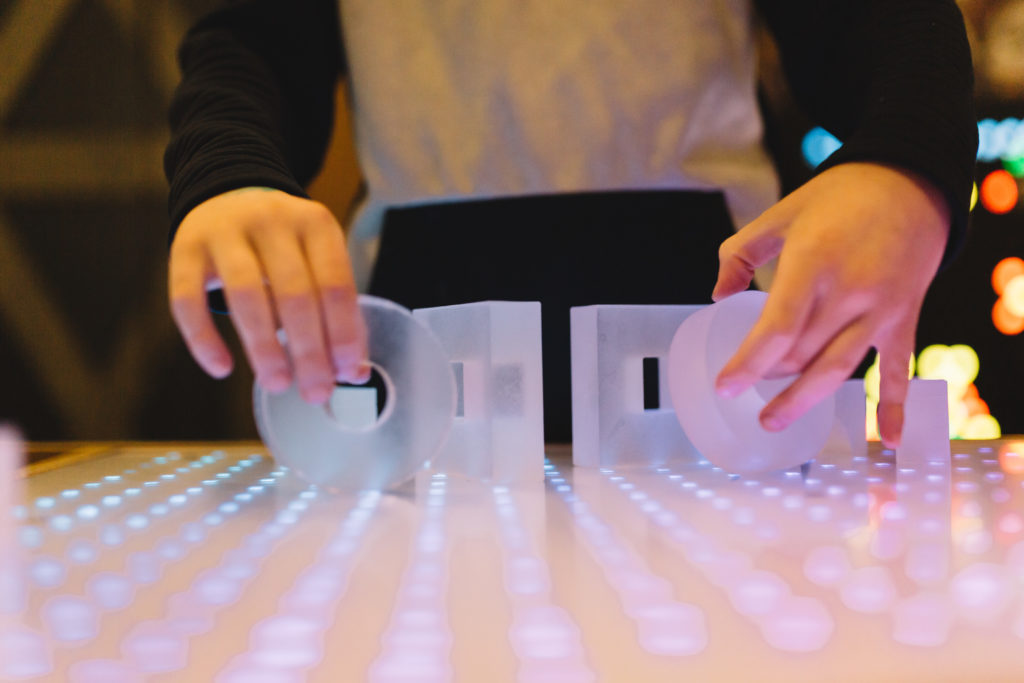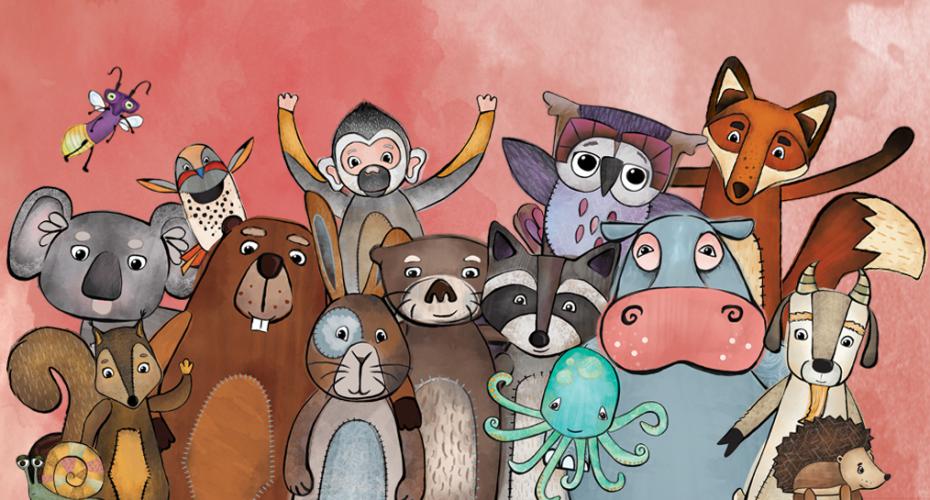Objectives
Materials
Background
Here is how a selection of these activities could become a week-long unit of study in a kindergarten classroom.
- Day 1:
- Whole group lesson/activity: Introduce the students to the word ‘dissolve’ and what it means. You may choose to do Does it Dissolve? as a demonstration instead of a class activity, depending on your time and resources.
- Stations: Have these three stations set up for the first two days so all the students have a chance to see all the stations.
- Day 2:
- Whole group lesson: Ask “What things don’t mix well?” Discuss the answers. Demonstrate a ‘lava bottle’, a simple density column in a plastic water bottle: vegetable oil on the bottom and water on the top, and watch them switch! Add a few drops of food colouring. What will happen when we close the bottle and give it a shake? What do you think will happen when we add salt? Will dish soap have an effect? (as an emulsifier, soap mixes with both the oil and the water, thus helping them mix together)
- Stations: Salt Painting, Sugar Cube Towers, Cornstarch Packing Peanuts
- Day 3:
- Whole group lesson: Introduce students to mixtures that react together. Demonstrate or lead students through baking and soda and vinegar ‘eruptions’.
- Stations: Have these four stations set up for days 3 and 4 so all the students have a chance to see all the stations.
- Day 4:
- Whole group lesson: Read “The Fire Station” by Robert Munsch (see Other Resources). What was the ‘yucky’ stuff on Michael and Sheila? Talk about how some substances have colour. Why did it take so long for the children to become clean?
- Stations: Ooey Gooey Oobleck, Watercolour Mixing, Puffy Paint, Pudding in a Bag
- Day 5: Party Day! Students will use what they know about mixtures to make food for a party.
- Try a simple oil and vinegar salad dressing/vegetable dip (much like the ‘lava bottle’ demonstration) with garlic or a little bit of mustard to help them mix, dissolving drink crystals (‘Does it Dissolve?’), making ice cream, or other ‘mixture’-themed snacks like pancakes, cakes, muffins, cookies, and layered gelatin (e.g. Dr. Oetker Trio Treat).
Other ideas:
Songs, rhymes and circle games about mixing include ‘Pat-a-Cake’, ‘Purple Stew’ and the ‘Betty Botter’ tongue twister.
Vocabulary
Definitions for kindergarteners:
dissolve – When something breaks apart and seems to ‘disappear’ in a liquid, i.e. salt in water.
solution – A mixture made up of something dissolved in a liquid, i.e. salt crystals in water.
mixture – A combination of two or more substances or ‘things’.
liquid – A substance or ‘thing’ that is like water; you cannot hold it because it flows, and it does not have a solid shape.
melt – When something goes from a solid to liquid state, or just gets softer, often from heat.
chromatography – The separation of a mixture into its different parts or chemicals. A popular example of chromatography is using water and paper towels to separate dark ink into the different colours that make it up.
explosive – Loud, fast and strong, like the eruption of a volcano. Can describe some intense chemical reactions.
Other Resources
How Stuff Works | How Ice Cream Works | Five-Minute Ice Cream Recipe
Scholastic | The Magic School Bus | Games | Blows its Top
Literature
The Fire Station, Robert Munsch
For children:
Hannah’s Collections, Marthe Jocelyn
Purple, Green and Yellow, Robert Munsch
Art’s Supplies, Chris Tougas
Bartholomew and the Oobleck, Dr. Seuss
Mum’s Breakfast in Bed and Millie’s Mixture, Tutu Tavener
For educators:
123 I Can Paint!, Irene Luxbacher
Science Play! Beginning Discoveries for 2-to-6-Year-Olds, Jill Frankel Hauser
Kids Cooking: A Very Slightly Messy Manual, Klutz Editors
Sesame Street C is for Cooking: Recipes from the Street, Susan McQuillan, M.S., RDN
Changing Materials: Mixing and Separating, Patricia Whitehouse
200 Gooey, Slippery, Slimy, Weird and Fun Experiments, Janice VanCleave
Building Blocks of Matter: Mixtures and Solutions, Richard and Louise Spilsbury
Fun with Mixing and Chemistry, Heidi Gold-Dworkin & Robert K. Ullman
Changing Materials: Mixing and Separating, Chris Oxlade
Investigations: Heating, Patricia Whitehouse



